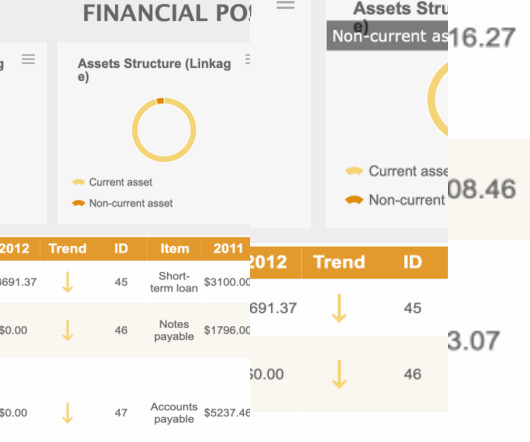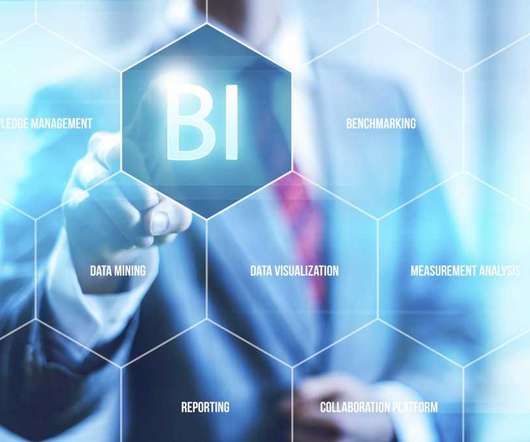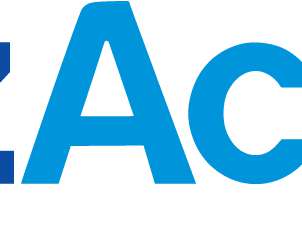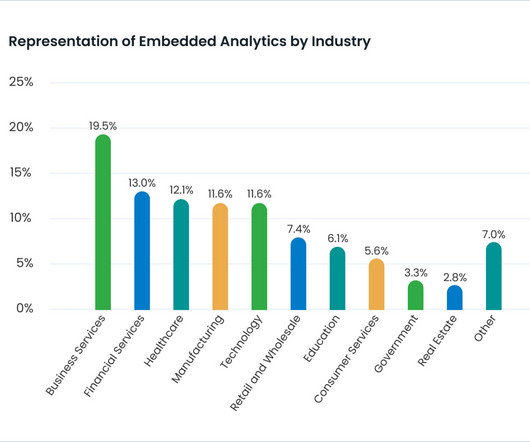Data science vs data analytics: Unpacking the differences
IBM Big Data Hub
SEPTEMBER 19, 2023
Though you may encounter the terms “data science” and “data analytics” being used interchangeably in conversations or online, they refer to two distinctly different concepts. Descriptive analytics: Descriptive analytics evaluates the quantities and qualities of a dataset.














Let's personalize your content